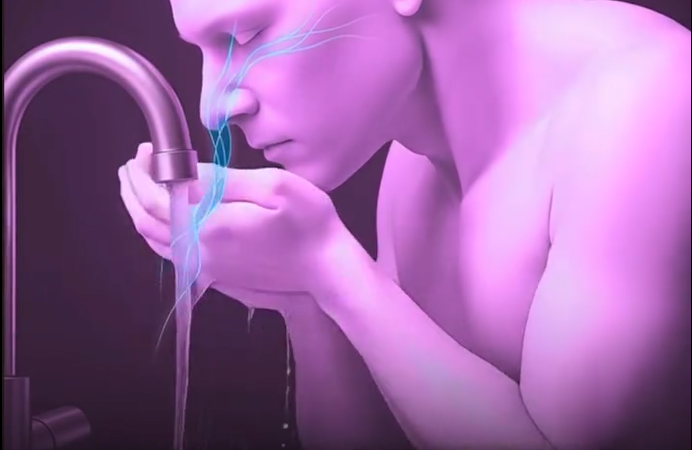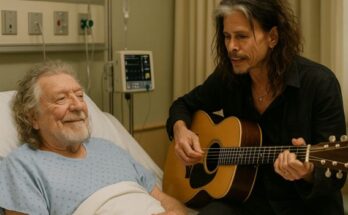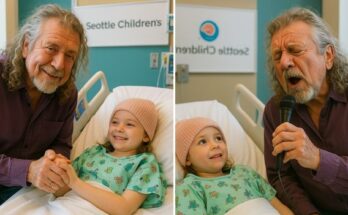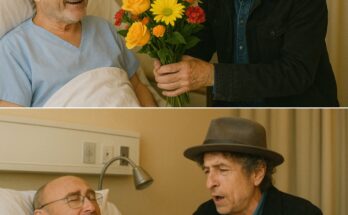Naegleria fowleri: Deadly Brain-Eating Amoeba Linked to Tap Water Use. Naegleria fowleri is a free-living amoeba found in warm freshwater environments—lakes, rivers, hot springs, and, more rarely, domestic tap or RV water systems. It causes primary amebic meningoencephalitis (PAM), a rare but nearly always fatal brain infection.
New Risk Route: Nasal Irrigation. Previously, most cases were linked to swimming in warm lakes or rivers. However, recent evidence highlights nasal rinsing with non-sterile tap water (e.g., using a neti pot) as another risk—especially in RVs.
In 2025, a healthy 71-year-old woman in Texas died after using RV tap water for nasal irrigation.
Though the amoeba wasn’t isolated due to delayed testing, the CDC concluded the water was likely contaminated. Why This Matters. Tap water is safe to drink, but if it enters the nose, it bypasses the body’s defenses. The amoeba can travel via the olfactory nerve to the brain, where it destroys brain tissue. The infection progresses rapidly, with a 98–99% fatality rate.
Where the Amoeba Thrives
N. fowleri grows in warm, low-chlorine water, including pipes, wells, and tanks. Biofilms can shelter the amoeba and release it when water pressure changes.
CDC Recommendations
- Only use boiled, sterile, or distilled water for nasal rinsing.
- Clean neti pots and irrigation devices thoroughly after each use.
- Do not use untreated tap or RV water for sinus cleansing.
- Regularly disinfect RV water tanks and plumbing.
- Avoid getting water up your nose in warm freshwater.
Symptoms
Symptoms appear 1–12 days after exposure and include fever, headache, nausea, progressing quickly to confusion, seizures, coma, and death. Early medical attention is critical.

Climate Change and Spread
Warmer climates are expanding the amoeba’s range into new regions. Contamination may occur even when water meets drinking standards.
Treatment and Research
Few survive PAM, though new treatments like AN3057 show promise in animal studies. Faster diagnostics are also improving early detection.



